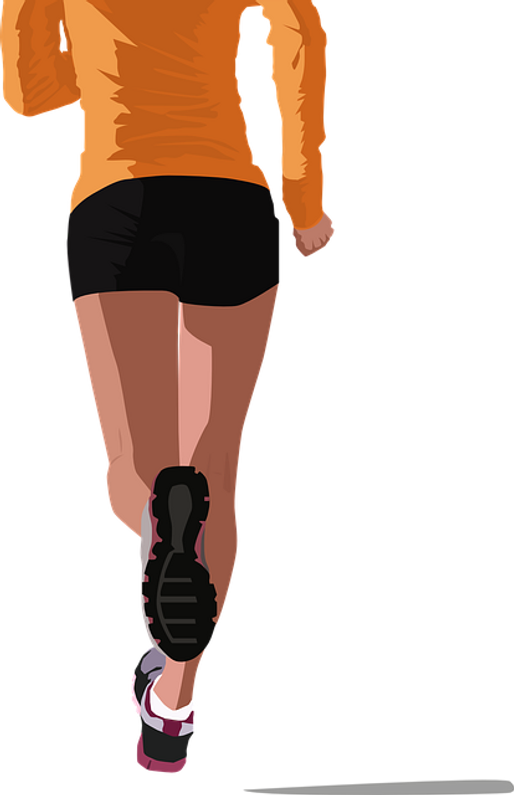5 Ways to Prevent Running-Related Cramps
Running is one of the best forms of aerobic exercise. It doesn't require any equipment, training or prior knowledge. As long as you have a pair of comfortable athletic shoes, you can include it in your workout regimen. And studies have shown that people who run regularly are less likely to develop heart disease and diabetes than their counterparts. Running, however, may result in craps. Here are five simple ways to prevent running-related cramps.
#1) Start By Stretching
You can prevent running-related cramps by stretching. Before running, perform a quick five-minute stretching routine. Stretching will loosen your muscles while promoting healthy blood flow. Cramps are the result of involuntary muscle contractions. Stretching your muscles will reduce the risk of involuntary contractions. It will loosen your muscles so that they can flex more easily when you run.
#2) Avoid Large Meals and Snacks
There's nothing wrong with eating a small snack before you run. On the contrary, it will provide your body with the energy it needs to run fast and for long distances. Nonetheless, you should avoid eating large meals and snacks before you run. Studies have shown that eating large meals and snacks before running increases the risk of abdominal cramps.
#3) Keep Hydrated
While you should avoid large meals and snacks before running, you need to stay hydrated by drinking plenty of water. Dehydration is a risk factor for running-related cramps. If you are dehydrated, neurological signals may tell your muscles to contract involuntarily. Involuntary contractions, of course, are cramps. If you're worried about developing cramps while running, d
#4) Perfect Your Stride
Your stride will affect your risk of developing cramps when running. You don't want to use an excessively long stride. A long stride will result in fewer steps, but it will increase the strain placed on your calf muscles. Too much strain can lead to cramps. On the other hand, you don't want to use an excessively short stride. A short stride will force you to take more steps while increasing the strain on your feet. Stick with a medium-length stride that's low to the ground.
#5) Don't Overdo It
When running, listen to your body and don't overdo it. Pushing yourself too hard will only increase your risk of developing cramps. If you overdo it when running, your body may respond by developing cramps. Instead, listen to your body by stopping or taking breaks when you feel fatigued.
Recent Posts
-
Fire Safety in the Workplace: What You Need to Know
What steps are you taking to prevent fires in your workplace? According to the U.S. Occupational Saf …Aug 23rd 2023 -
Is It Safe to Go Jogging With a Cold Infection?
If you're suffering from a cold infection, you might be wondering whether it's safe to go jogging. T …Aug 22nd 2023 -
5 Safety Tips to Follow When Using a Powder-Actuated Tool
Powder-actuated tools are commonly used to join materials to steel and concrete. Also known as Hilti …Aug 20th 2023




